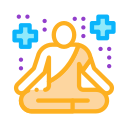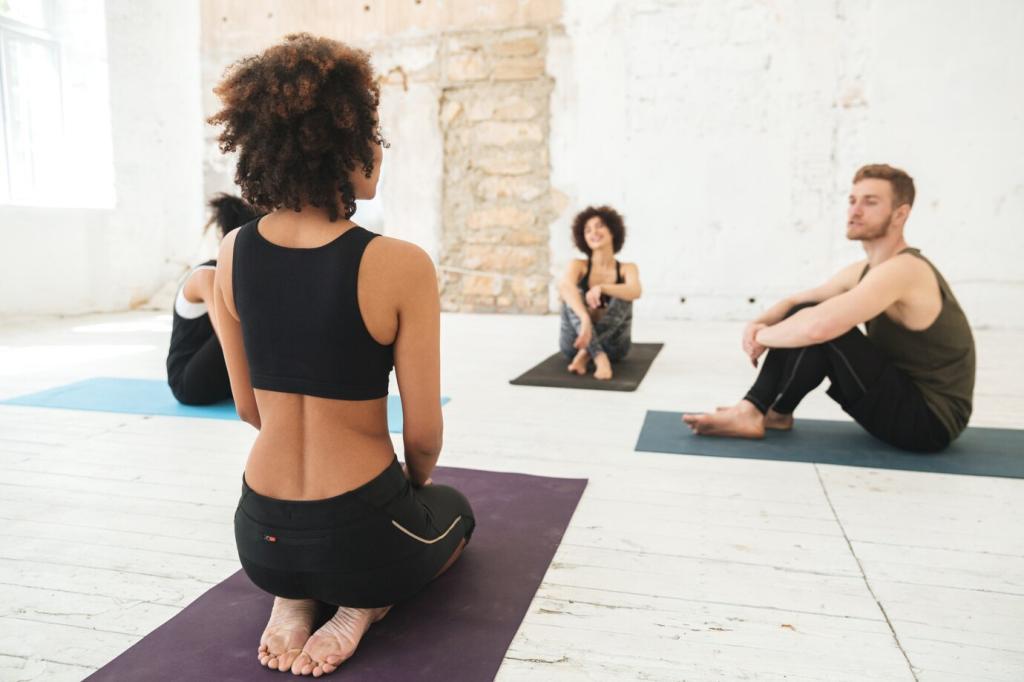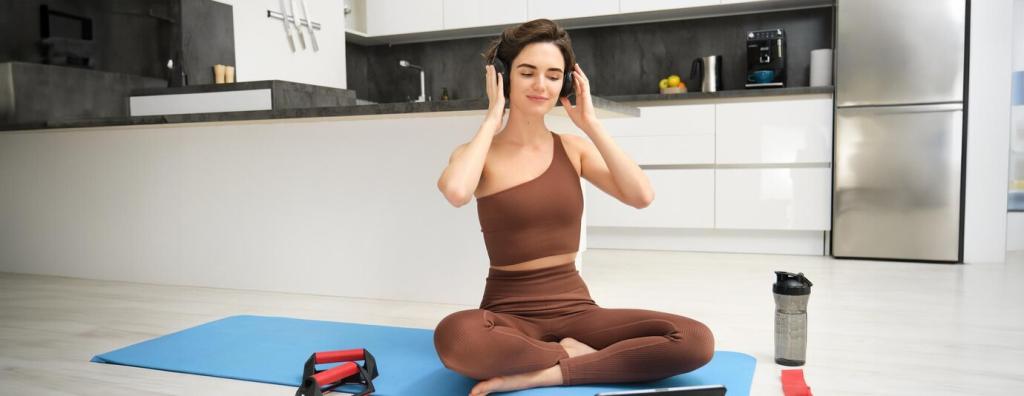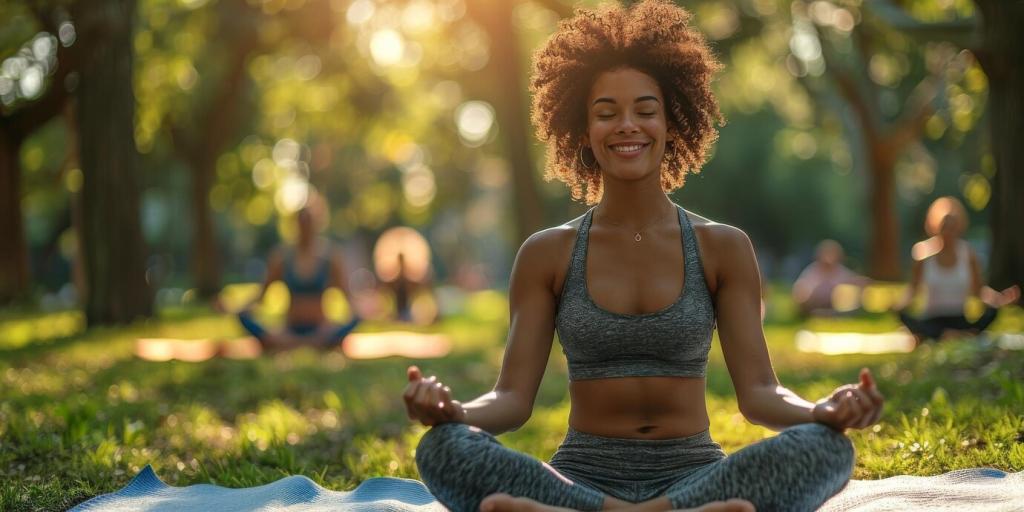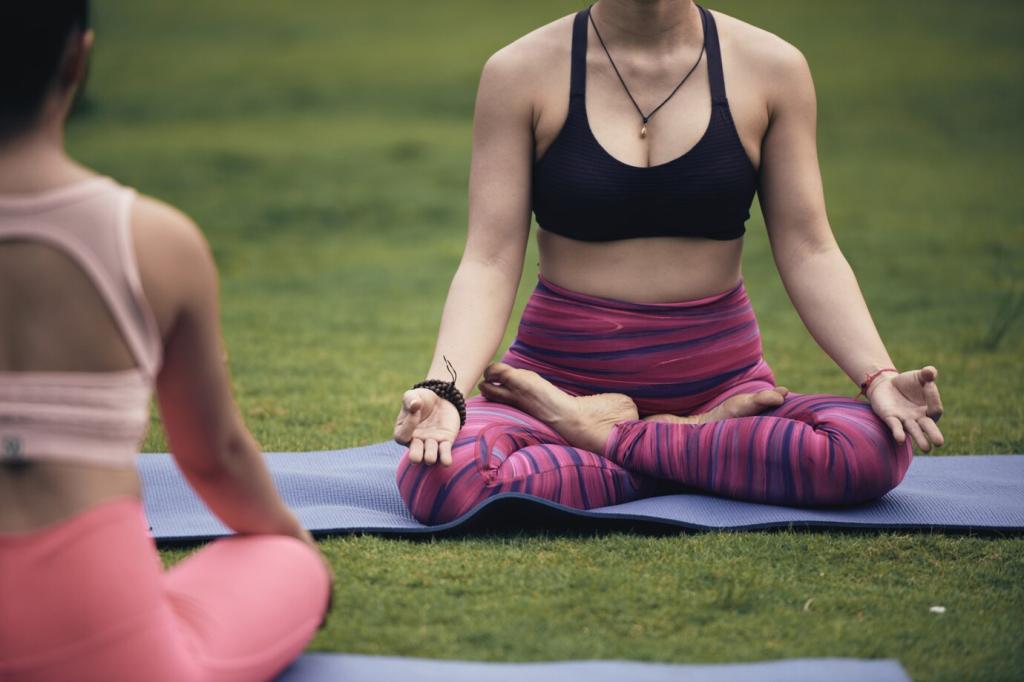Meditation and Yoga Nidra for Deep Cognitive Recovery
Focused attention anchors the mind on breath or sound, building sustained concentration. Open monitoring expands awareness to thoughts and sensations without grasping. Alternating these modes strengthens attentional flexibility. Use focused attention before complex tasks and open monitoring afterward to process insights without slipping into rumination.
Meditation and Yoga Nidra for Deep Cognitive Recovery
Yoga Nidra guides the body into deep rest while keeping awareness awake. This non-sleep deep rest supports recovery, reduces stress load, and can aid memory consolidation by giving the brain time to integrate. Try a short script after study sessions to lock in learning and emerge mentally refreshed.
